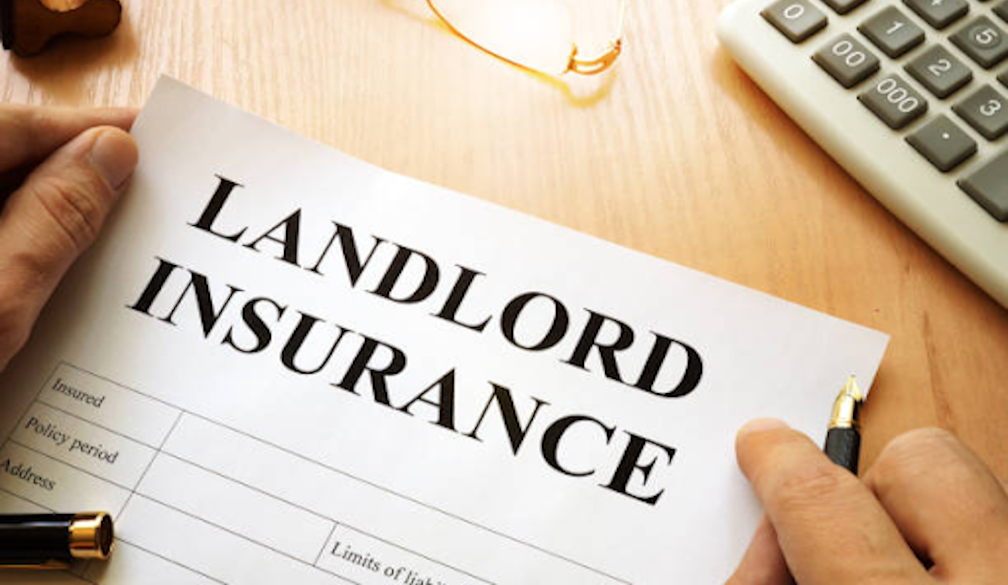Securing Your Investment: A Comprehensive Guide to Landlord Insurance

Landlord insurance is a specialized form of coverage designed to protect property owners from potential risks associated with renting out their properties. As property ownership comes with its set of responsibilities, ensuring adequate protection through landlord insurance is crucial. In this comprehensive guide, we'll explore the importance of landlord insurance, the types of coverage available, and key considerations for property owners seeking to safeguard their investments.
Understanding Landlord Insurance
Landlord insurance is a policy tailored to meet the unique needs of property owners who rent out their residential or commercial properties. Unlike standard homeowners insurance, best landlord insurance provides additional coverage specific to the challenges and risks faced by landlords in the rental market.
Types of Coverage
Property Damage Coverage: This covers the structure of the rental property, including walls, roof, floors, and built-in appliances, against damages caused by covered perils such as fire, storms, vandalism, or other specified events.
Contents Insurance: While the landlord's policy typically covers the structure, contents insurance protects the landlord's personal property inside the rental unit, such as furniture or appliances provided by the landlord.
Loss of Rental Income: If the property becomes uninhabitable due to covered damage, loss of rental income coverage compensates the landlord for the lost rental income during the repair or rebuilding period.
Liability Insurance: Liability coverage protects landlords in case a tenant or a third party is injured on the rental property, covering legal fees and potential settlements if the landlord is found responsible.
Legal Expenses Coverage: This provides coverage for legal costs associated with evicting a tenant or pursuing legal action against a tenant for damages or unpaid rent.
Importance of Landlord Insurance
Protection Against Property Damage: Landlord insurance protects property owners from financial losses caused by covered perils such as fire, storms, or vandalism. This coverage ensures that landlords can repair or rebuild their rental property without shouldering the entire financial burden.
Financial Safeguard during Vacancies: Loss of rental income coverage is especially valuable during periods of vacancy or when the property becomes uninhabitable. Landlords can receive compensation for lost rental income, helping to mitigate the financial impact of vacancies.
Liability Protection: Liability insurance safeguards landlords from potential legal claims and expenses. If a tenant or a visitor is injured on the rental property, liability coverage can cover medical expenses and legal costs, preventing financial strain on the landlord.
Legal Assistance: Legal expenses coverage provides financial support for legal proceedings, including evictions or disputes with tenants. This ensures that landlords have the resources to pursue legal action when necessary.
Key Considerations for Landlords
Thorough Tenant Screening: Implement a rigorous tenant screening process to minimize the risk of potential issues. A careful selection of responsible tenants can contribute to a more stable and secure rental experience.
Regular Property Maintenance: Proactive property maintenance helps prevent potential risks and ensures the property remains in good condition. Regular inspections and timely repairs can contribute to a lower likelihood of insurance claims.
Understanding Policy Limits and Exclusions: Familiarize yourself with the limits and exclusions of the landlord insurance policy. Ensure that coverage aligns with the specific needs of your property and that you are aware of any limitations.
Comparing Insurance Providers: Shop around and compare insurance providers to find the best coverage at a reasonable cost. Consider factors such as coverage options, deductibles, customer reviews, and the provider's reputation.
Conclusion
In conclusion, landlord insurance is a fundamental tool for property owners to protect their investments and navigate the challenges of the rental market. The right coverage offers financial security against property damage, loss of rental income, liability claims, and legal expenses. By understanding the types of coverage available, recognizing the importance of landlord insurance, and implementing proactive measures, property owners can ensure the resilience and longevity of their real estate investments.





